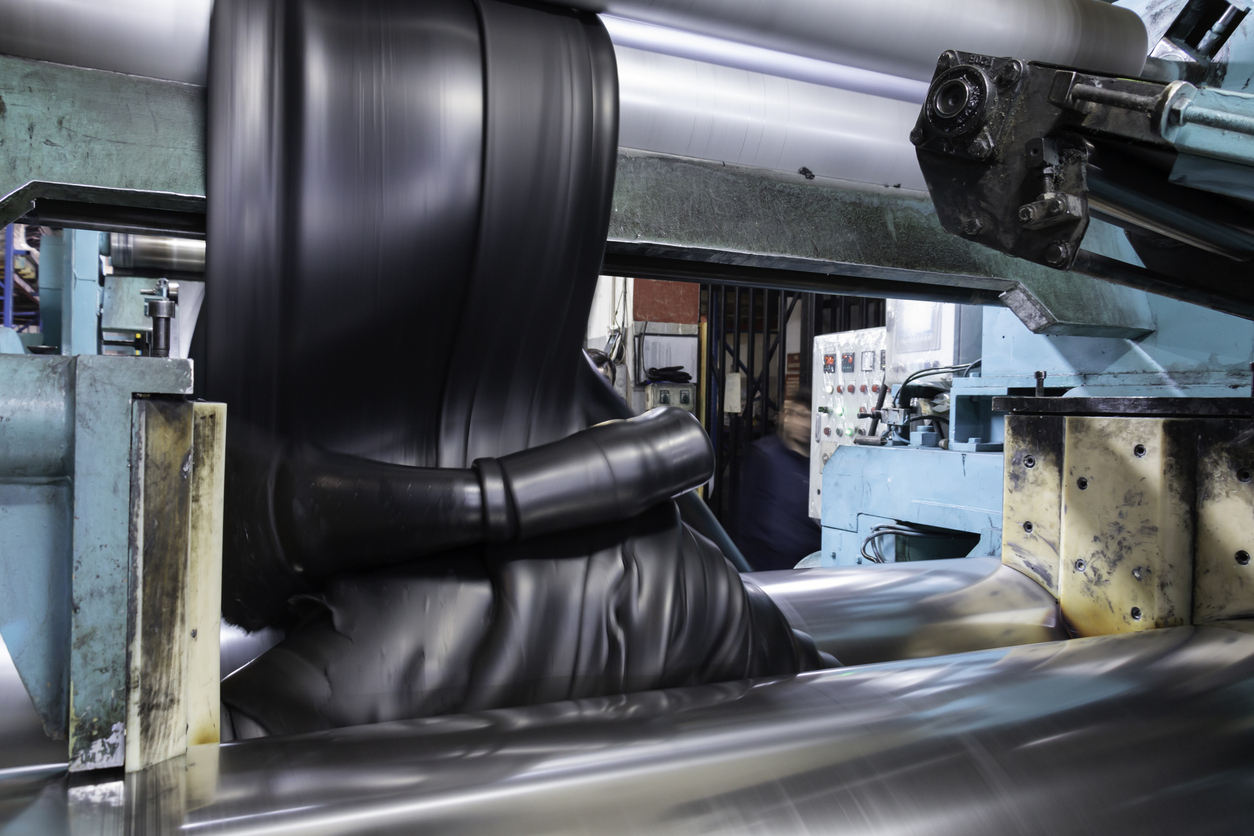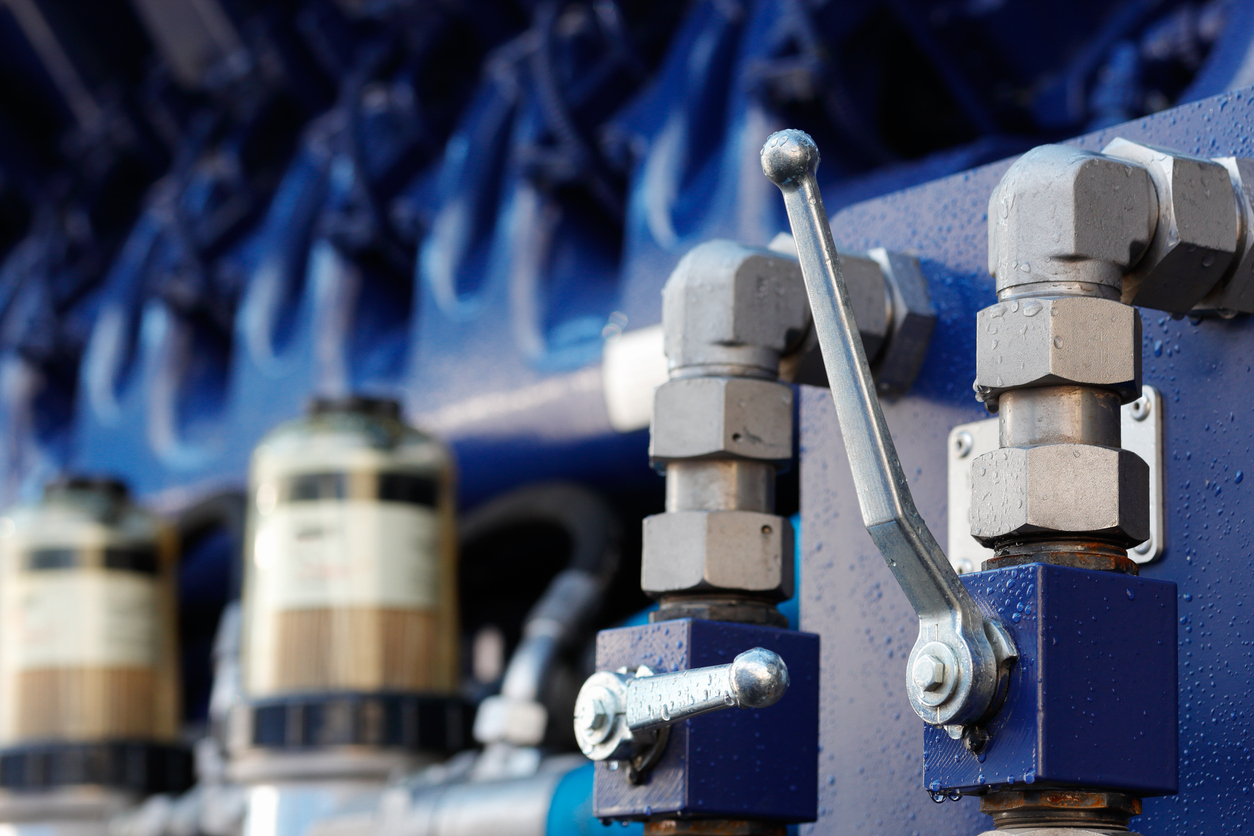A Deep Dive into Rubber Processing Industries in Nigeria
Nigeria stands as a significant player in Africa’s rubber industry, contributing notably to the continent’s natural rubber production. The nation’s rubber processing sector encompasses a diverse range of activities, from smallholder farming to large-scale industrial processing, catering to both domestic and international markets.
Overview of Rubber Processing Industries Nigeria
Rubber cultivation in Nigeria is predominantly concentrated in the southern regions, including Edo, Delta, Ondo, Ogun, Abia, Anambra, Akwa Ibom, Cross River, Rivers, Ebonyi, and Bayelsa states. These areas provide favorable climatic conditions for rubber plantations.
The Rubber Research Institute of Nigeria (RRIN) plays a pivotal role in advancing rubber cultivation and processing techniques. Established in 1964, RRIN focuses on research and development to enhance the productivity and sustainability of the rubber industry.
Key Players in Nigeria’s Rubber Processing Sector
Several companies have established themselves as leaders in Nigeria’s rubber processing industry:
-
Integrated Rubber Products Nigeria Plc (IRP): Founded in 1984, IRP manufactures a range of rubber products, including auto parts, molded parts, rubber gaskets, and sheets, serving diverse industries.
-
Rubber Estates Nigeria Limited (RENL): A subsidiary of SIPH, RENL farms, processes, and exports natural rubber while emphasizing sustainability and high-quality production.
-
Imoniyame Holdings Ltd (IHL): Established in 1991, IHL produces, exports, and supplies crumb rubber with a combined capacity of 20 metric tons per day. Their products meet the standards of major international tire manufacturers.
-
Okomu Oil Palm Company Plc: Although primarily a palm oil producer, Okomu operates rubber plantations, producing products supplied to globally recognized companies.
Challenges Facing Rubber Processing Industries Nigeria
Despite its potential, the sector faces several challenges:
-
Infrastructure Constraints: Poor roads and unreliable power supply affect efficient processing and distribution.
-
Policy Inconsistencies: Fluctuating government policies create uncertainty for investors.
-
Competition from Synthetic Alternatives: Cheaper synthetic rubber products affect market competitiveness.
-
Climate Variability: Unpredictable weather patterns impact rubber yields and supply chains.
Opportunities for Growth and Investment
There are significant growth opportunities within Nigeria’s rubber sector:
-
Government Support: Policies promoting local processing, such as bans on raw rubber exports, encourage domestic value addition.
-
Investment in Processing Facilities: Upgrading or establishing processing plants enhances the production of finished products.
-
Research and Development: Collaborating with institutions enables innovation in cultivation and processing, improving efficiency and product quality.
-
Export Potential: Nigeria’s strategic location and trade agreements offer opportunities to expand rubber exports globally.
Conclusion
Nigeria’s rubber processing industries offer substantial opportunities for growth and investment. By addressing infrastructure and policy challenges, and leveraging research and local expertise, the sector can become more competitive and contribute significantly to the nation’s economy. Wigmore Trading can help businesses navigate this landscape.
Contact Wigmore Trading today to streamline your sourcing.








Comments are closed.